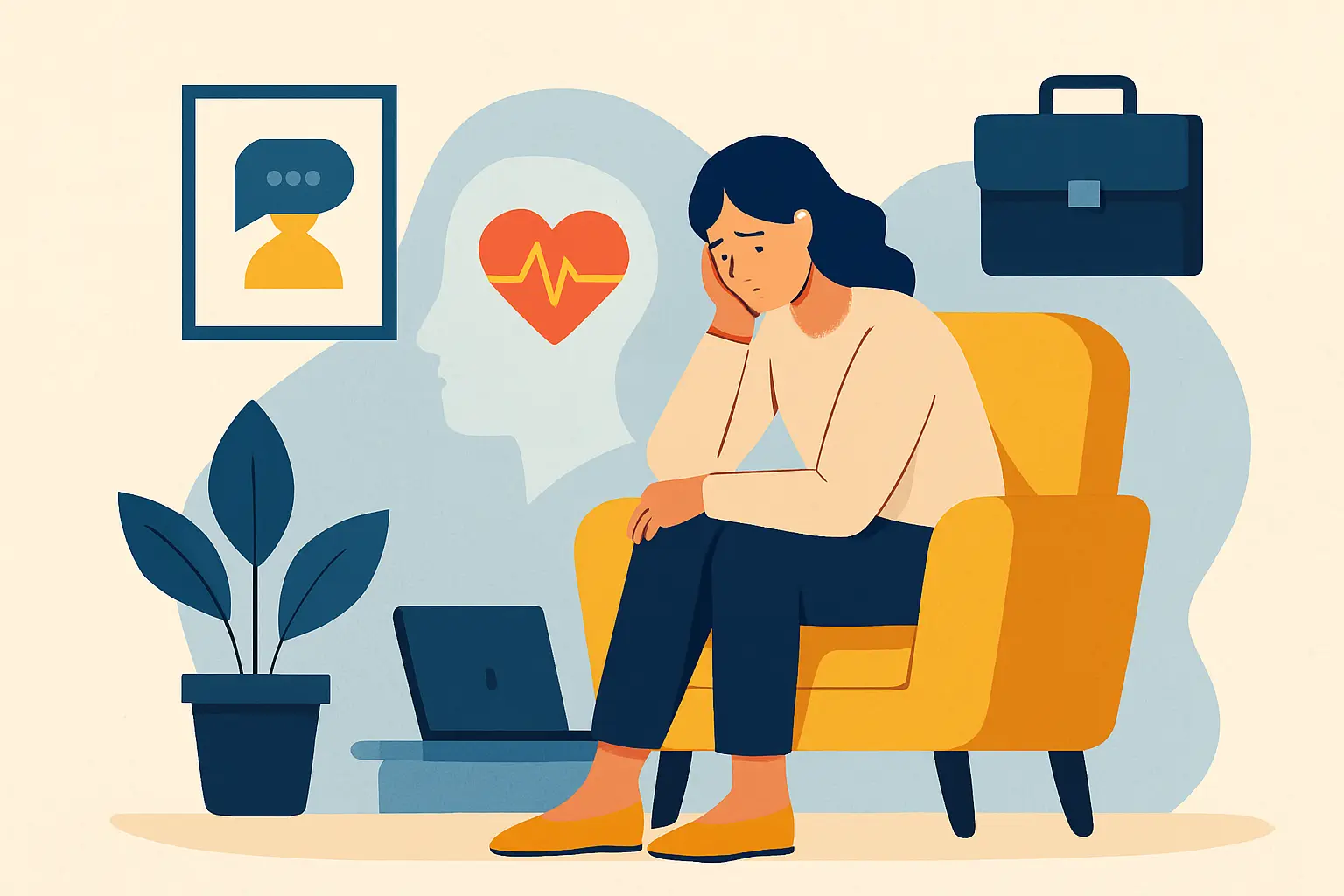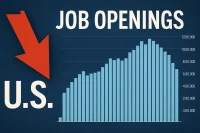In a world where uncertainty is the new normal, the conversation around employee well-being & mental health has never been more urgent—or more promising. As 85% of companies ramp up investments in mental health resources, a new era of workplace support is emerging. But what does this mean for you, especially if you’re navigating a career transition or facing a layoff? Let’s explore the trends, the opportunities, and the best skills to learn after being laid off to ensure your next chapter is your strongest yet.
The Well-being Revolution: More Than a Trend
The global workforce is experiencing a seismic shift. No longer is employee well-being & mental health a “nice-to-have”—it’s a business imperative. According to recent studies, a staggering 85% of companies are investing more in mental health resources than ever before. This isn’t just about offering a meditation app or a hotline; it’s about reimagining the very fabric of work.Flexible work arrangements, robust mental health support, and new types of leave—such as caregiving and parental leave—are becoming standard. Companies are recognizing that a healthy, supported workforce is not only more productive but also more loyal and innovative.
Why the Sudden Shift?
The pandemic was a catalyst, but the momentum has only grown. Employees are demanding more from their employers, and organizations are listening. Burnout, anxiety, and stress are no longer taboo topics. Instead, they’re front and center in boardrooms and HR strategies.
The Human Side: Stories of Change
Consider Sarah, a marketing manager who, after a decade in her role, was laid off during a company restructuring. “At first, I felt lost,” she recalls. “But my company offered access to mental health counseling and career coaching. That support made all the difference.”Sarah’s story is not unique. Across industries, employees are leveraging new well-being initiatives to not only recover from setbacks but to pivot and grow. The message is clear: well-being is the foundation for resilience and reinvention.
Best Skills to Learn After Being Laid Off: Your Roadmap to Reinvention
If you’ve recently been laid off, you’re not alone—and you’re not without options. The job market is evolving, and so are the skills in demand. Here’s how to turn a setback into a springboard:
1. Digital Literacy & Tech Savvy
From remote work tools to data analytics, digital skills are non-negotiable. Upskill in areas like:
- Project management software (Asana, Trello, Jira)
- Data analysis (Excel, Tableau, Google Analytics)
- Remote collaboration (Zoom, Slack, Microsoft Teams)
2. Emotional Intelligence (EQ)
Employers are prioritizing soft skills. Emotional intelligence—self-awareness, empathy, adaptability—can set you apart in interviews and on the job.
3. Communication & Storytelling
Whether you’re pitching yourself to a new employer or building a freelance brand, clear and compelling communication is key. Consider courses in:
- Public speaking
- Copywriting
- Social media strategy
4. Resilience & Stress Management
Learning how to manage stress and bounce back from adversity is a skill in itself. Mindfulness, meditation, and time management techniques are highly valued.
5. Industry-Specific Certifications
Depending on your field, certifications can open doors. For example:
- Tech: Google IT Support, AWS Certified Cloud Practitioner
- Marketing: HubSpot Content Marketing, Google Ads
- Finance: QuickBooks, CFA Level 1
6. Adaptability & Continuous Learning
The ability to learn new things quickly is a superpower. Platforms like Coursera, LinkedIn Learning, and Udemy offer affordable courses in almost any discipline.
🧠 Bounce Back Stronger: Your Next Career Starts Here
Facing a layoff or navigating career uncertainty?
Explore resilient job opportunities in healthcare, wellness, education, and remote support roles—fields that prioritize people, purpose, and mental well-being.
WhatJobs connects you to compassionate employers and flexible roles designed to support growth, recovery, and balance.
👉 Find your next opportunity in a people-first industry today.The Business Case: Why Companies Care
Why are so many organizations investing in employee well-being & mental health? The answer is simple: it pays off.
- Reduced absenteeism: Healthy employees take fewer sick days.
- Higher productivity: Mental health support leads to better focus and creativity.
- Talent retention: Employees who feel cared for are less likely to jump ship.
- Employer branding: Companies known for well-being attract top talent.
In short, well-being is no longer just a perk—it’s a competitive advantage.
Navigating the Transition: Practical Steps
If you’re in transition, here’s how to leverage the current focus on well-being and upskilling:
- Tap Into Employer Resources: If your former employer offers outplacement services, counseling, or training, use them.
- Network with Intention: Join online communities, attend webinars, and connect with others in your field.
- Set Realistic Goals: Break your job search or learning journey into manageable steps.
- Prioritize Self-Care: Remember, your mental health is the foundation for everything else.
The Future of Work: A New Paradigm
The workplace of tomorrow will be defined by its commitment to employee well-being & mental health. As companies continue to invest, employees will have more opportunities to thrive—whether in their current roles or as they pivot to new careers.Being laid off is not the end of your story. It’s the beginning of a new chapter—one where your well-being and your skills are your greatest assets.
Conclusion: Take Charge of Your Well-being and Your Future
The world of work is changing, and so are you. By focusing on your well-being and investing in the best skills to learn after being laid off, you’re not just surviving—you’re setting yourself up to thrive.Ready to take the next step? Explore online courses, connect with mentors, and prioritize your mental health. The future belongs to those who are prepared—and supported.For more insights on career transitions, well-being, and upskilling, subscribe to our newsletter or contact our career coaching team today. Your next opportunity is just around the corner.




